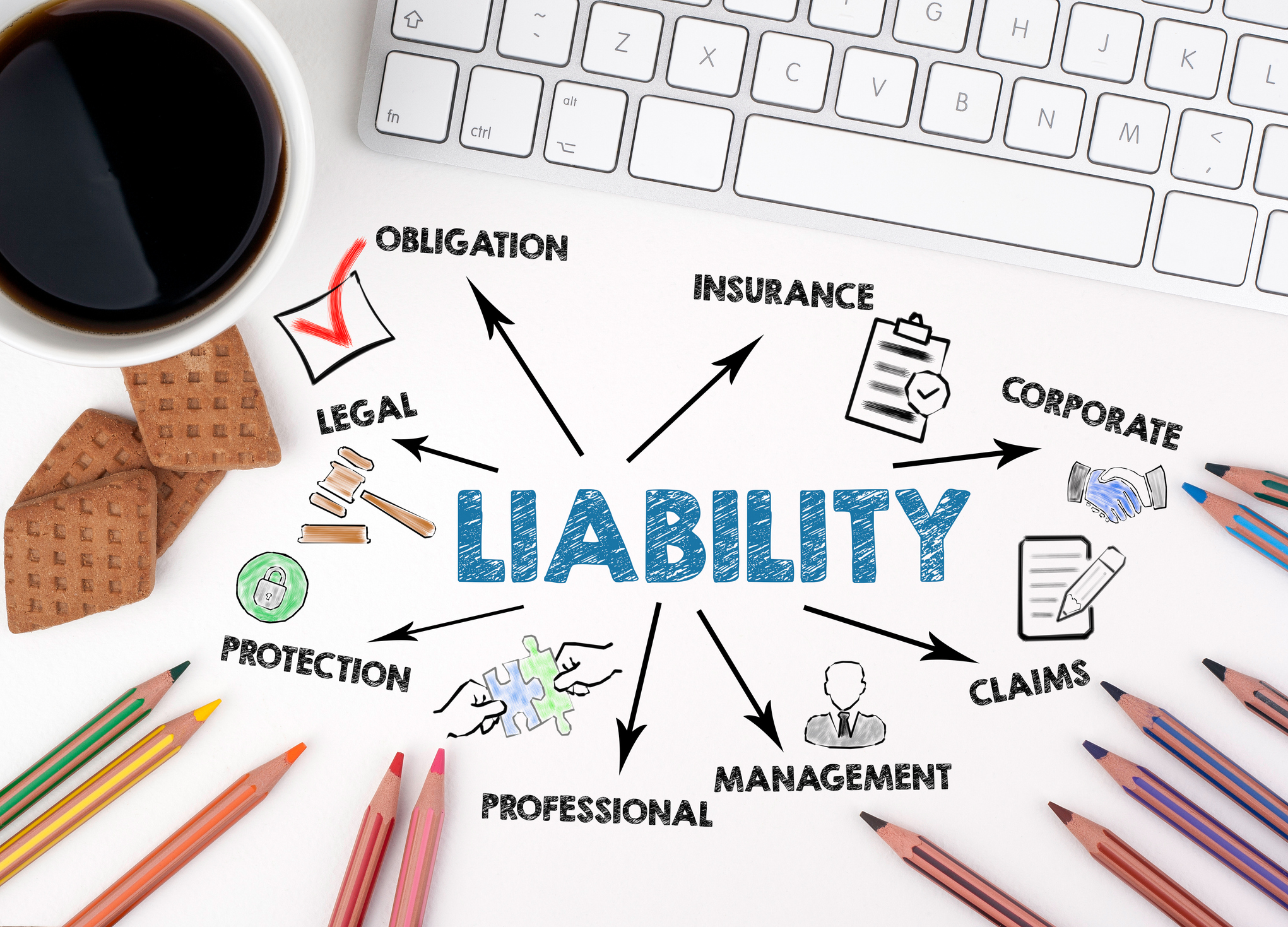March/April 2017
Legal Beat
Document Retention, Scope of Services, Antitrust
BY ARTHUR SCHWARTZ, DEPUTY EXECUTIVE DIRECTOR AND GENERAL COUNSEL

Question: My engineering company is developing a policy on document retention. One of the questions that has arisen is how to identify documents that we should not keep in our permanent files. Do you have any suggestions? (Iowa)
Answer: As a general rule, working versions and superseded versions of documents should generally be discarded after final versions of the documents are issued (but all milestone deliverables should be maintained). Also, during a project, informal and internal communications that offer critiques, suggestions for improving plans or reports, or self-critical analysis may have been prepared. While these comments may have been helpful at the time to improve the finished product, they could become damaging in the event of litigation and should be discarded after the final version of the drawing or report is created.
Question: My engineering company is in the process of revising our standard forms of agreement. One area we want to better define is the scope of services provided by the company during the construction phase. Can you provide some guidance? (Massachusetts)
Answer: As with all phases of a project, the scope of services during the construction phase must be sufficiently detailed and defined so the parties fully understand what the professional engineer will, and will not, do during the phase. A well-drafted scope of services is a proactive way to manage the client’s expectations about the professional engineer’s work and avoid client disappointments. The scope should not include ambiguous language, and it should explicitly define the limits of the professional engineer’s basic services. You should avoid drafting a scope of services that lists only the services that the professional engineer will not perform; it is impossible to list everything that falls into that category.
Question: I understand that states, through licensing boards, may limit business competition through statutes and regulation in the public’s interest. What is the difference between what a state does in this area and what individuals, companies, associations, and professional societies may do? (Pennsylvania)
Answer: State legislatures and duly authorized state licensing boards may enact statutes and regulations that affect and limit competition because they have the constitutional authority under the 10th Amendment (police powers) to regulate for the protection of the public health, safety, and welfare. States are, thereby, legally exempt from the antitrust laws under the state action doctrine. State laws are enacted by duly elected officials who are presumably acting for the public good, as opposed to private benefit or gain. States legislatures, in turn, appoint and empower state licensing authorities to enact regulations and regulate for the protection of the public.
This is distinct from the activities of private individuals and private companies that compete with one another and may gather together at trade association and professional society meetings, conferences, and forums as well as on e-mail lists and social media. Although often innocently intended, discussions about competitive practices and business practice can sometimes wander into areas that cross a line when they imply or suggest agreement, collusion, or preferred practices among competitors. For example, discussions about agreement on prices or business practices can raise serious antitrust concerns. Such discussions must always be strictly avoided because they can have significant consequences for the individuals and companies involved, as well as for the association or professional society. The decision of what prices to charge or whether to charge under specific circumstances is an individual one, for each individual and each company. They should be made independently of one another, without any express or implied understanding or agreement.
Responses are based on questions posed to NSPE Legal Counsel Arthur Schwartz.
Are you an NSPE member with a legal question for this column? Send it to Arthur Schwartz, 1420 King St., Alexandria, VA 22314-2794; fax 703-836-4875; or e-mail [email protected].
These questions and answers do not, in any way, constitute legal advice. Always consult your own attorney before reaching any conclusions or acting upon any information presented in this forum. Also note that legal precedents change. An answer based on a case from several years ago may have a new perspective today.


 Volunteering at NSPE is a great opportunity to grow your professional network and connect with other leaders in the field.
Volunteering at NSPE is a great opportunity to grow your professional network and connect with other leaders in the field. The National Society of Professional Engineers (NSPE) encourages you to explore the resources to cast your vote on election day:
The National Society of Professional Engineers (NSPE) encourages you to explore the resources to cast your vote on election day:




